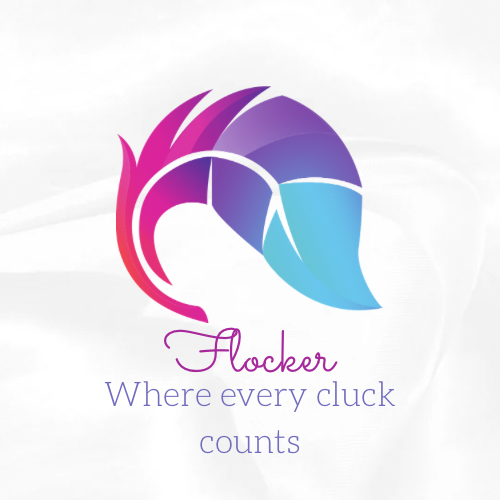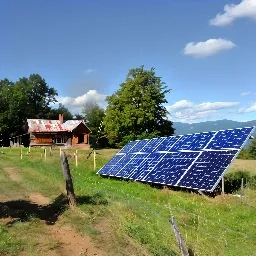Section 2: Solar Power Solutions
Integrating solar energy into your homestead can significantly reduce your reliance on traditional power sources and minimize your environmental footprint. Solar panels are among the most accessible and widely used renewable energy technologies for homesteaders.
Basics of Solar Energy Systems
Solar panels convert sunlight into electricity, which can be used to power your home, appliances, and tools. A complete solar power system includes photovoltaic (PV) panels, batteries for energy storage, inverters to convert DC electricity to AC, and charge controllers to manage the power flow.
Pros and Cons
Solar energy is clean, abundant, and reduces electricity bills. However, the initial setup cost can be high, and efficiency depends on sunlight availability. Careful planning and design can maximize benefits and minimize drawbacks.
Installation Considerations
Assessing your property’s solar potential is crucial. Factors such as location, climate, and shading affect system efficiency. Professional installation is recommended, though some homesteaders choose to DIY.
Potential Costs
While the upfront investment may seem daunting, the long-term savings on energy bills and potential government incentives can offset the initial costs. Additionally, solar technology prices have been decreasing, making solar energy more accessible to a wider audience.
Recommended Solar Panels
For those considering installing solar panels, I’ve found a great option available on Amazon. These panels are durable, efficient, and suitable for a variety of homestead setups. You can check them out through this affiliate link: High-Efficiency Solar Panels on Amazon. Purchasing through this link helps support our blog at no additional cost to you.
Choosing the Right Components for Your Solar System
While solar panels are the most visible components of a solar energy system, the inverter plays a critical role in its efficiency and functionality. The inverter’s job is to convert the direct current (DC) electricity generated by your panels into alternating current (AC) electricity, which is what most home appliances use.
Why the Inverter Matters
A high-quality inverter ensures that the electricity conversion process is as efficient as possible, minimizing energy loss. It also allows for safer integration of the solar power into your home’s electrical system. Additionally, some inverters come with smart features like monitoring your system’s performance through an app.
Selecting an Inverter
There are several types of inverters, including string inverters, microinverters, and hybrid inverters, each suitable for different sizes and types of solar installations. Factors to consider include your system’s size, compatibility with solar panels, and whether you plan to expand your system in the future.
Recommended Solar Inverter
For those looking to purchase a reliable solar inverter, I recommend checking out this product available on Amazon. It is known for its durability, efficiency, and user-friendly interface, making it an excellent choice for homesteaders aiming to optimize their solar energy systems. You can find it here: Quality Solar Inverter on Amazon. Buying through this affiliate link supports our blog at no extra cost to you.


